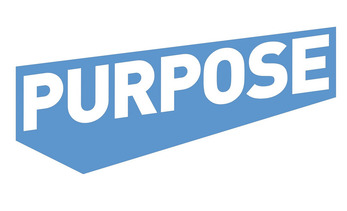
My reflection on purpose began three weeks ago when I had the privilege to serve and work with some dedicated educators in another state nearby. Their district has embarked on a momentous task of over-hauling their outdated curriculum and design a new one that is user friendly to all their students. As we reviewed their current curriculum, it was apparent that some vital components of curriculum development were missing. I was very blessed by their openness for change. They wanted to design some guiding questions to help all their teachers create new teaching philosophies irrespective of their backgrounds.
In education, we call purpose statements teaching philosophies. A purpose statement is a declarative sentence that summarizes topics and goals of a document. Basically, a purpose statement gives a preview of what the document will cover and its intent in the long run. Similarly, a teaching philosophy is a self-reflective statement of one's beliefs about teaching and learning. It captures one's goals and reason for teaching.
Purpose statements are not just for education, but for every facet of life. My husband and I developed purpose statements when we were married on all areas of our lives; from spiritual, marriage, family, parenting, ministry, financial, to relationships etc. For us, it was very important that the statements were based on Biblical principles. Through the years, we have been able to re-visit each purpose statement and evaluate what God has done and is doing in our lives.
Summer time is a good time to re-visit purpose statements or even write one if this is something you are yet to implement in your life either as an educator or parent. Begin by asking yourself some key questions on those areas in your life you want to develop one in. For my fellow educators, here are seven guiding questions to help you write or re-write your teaching philosophy:
- In your opinion how do students learn?
- Why do you teach/what brought you into teaching?
- In your opinion what constitutes good teaching?
- What goals do you have for your students?
- Why do you teach the way you do?
- How do you assess if your style of teaching works for your students?
- What are your future goals for professional growth as an educator?
Having a purpose statement ensures you are living this gift of life on purpose! It also provides a solid foundation as you live out your life. Happy Summer! Love & Blessings!
“Where there is no vision, the people perish.” – Proverbs 29:18
 RSS Feed
RSS Feed